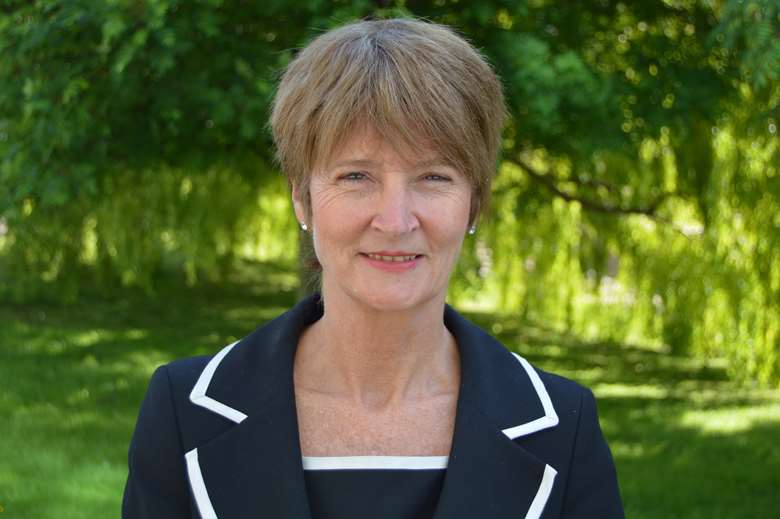New ADCS president: Boost councils' education improvement role
Joe Lepper
Friday, April 12, 2019
Councils need to have a greater role in education to help schools improve and be more inclusive, according to the new president of the Association of Directors of Children's Services.

In her inaugural presidential address, Rachel Dickinson said that a decade of education reform has led to "one of the most autonomous school systems in the world" and fragmentation of responsibility for improving school performance.
While councils have a legal duty to promote access to good education they are not effectively funded to help schools improve, says Dickinson, who wants to see greater government investment in school improvement services.
"Any reasonable person would, and does, expect their local authority to have a clear, unambiguous role in relation to all the schools in its area given our wide-ranging statutory duties to promote high educational standards, make sure there are enough local places to meet demand and that all local children have fair access to a place at a good local school," she said.
"Yet local authorities are not adequately funded for these duties."
She has also made tackling inequality in schools through promoting an inclusive environment for all children, including those with disabilities, a priority for the ADCS during her year as president.
This includes tackling "a narrowing of the curriculum, coupled with inflexible and in some cases draconian behaviour policies, leading to the shocking increases in the number of pupils excluded from school".
She will continue long-running ADCS calls for more action to combat off-rolling, where schools persuade parents to home school challenging or under achieving pupils to boost league table performance.
Earlier this month, the ADCS criticised Ofsted's planned reform of school inspections for not going far enough to tackle this practice.
In a separate government consultation this year on school improvement, the ADCS urged ministers to let failing schools remain or return to council control rather than force them to become or remain as academies.
A lack of support in mainstream schools for pupils with additional needs, including disabilities and mental health problems, is another concern raised by Dickinson.
"I shall not shrink from re-voicing the lost language of closing the gap in children's outcomes," said Dickinson, who is executive director of people at Barnsley Council.
"I feel passionately that the best way to do this is to incentivise inclusivity in our mainstream schools."
- Analysis: Home schooling survey reveals rising concerns over 'off-rolling'
- Inspections: Inspecting off-rolling
Other priorities for Dickinson will be to renew ADCS's calls for an effective long-term funding deal for children's services.
She used her speech to criticise the current government policy of creating smaller funding pots that focus on improving efficiency rather than wider reform.
This echoes concerns raised by her predecessor Stuart Gallimore about an £84m government funding pledge last year to expand three innovation programme projects to a further 20 councils.
Dickinson said: "No more ‘funny money', please. No more diversions down the cul-de-sac of variations in cost and demand leading to the false conclusion that efficiency will fund the gap austerity has created.
"There is quite simply not enough money in the system. £2bn might steady the ship in the coming year for one year. And, £3bn might help to kick-start re-investment in services."
Government should also create a new role of Secretary of State for Children to oversee national efforts to improve the life chances of all children, she said. Such efforts should also involve directors of children's services, who are "uniquely centred in the place they work, to connect the systems together in the interests of children", said Dickinson.
- To read an interview with Rachel Dickinson, see the May edition of CYP Now magazine, out on 30 April.




